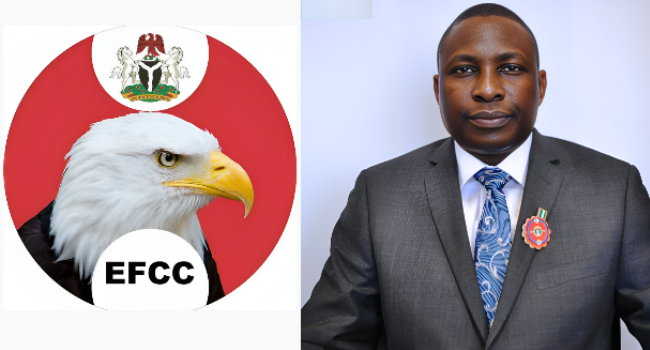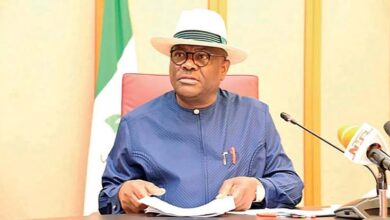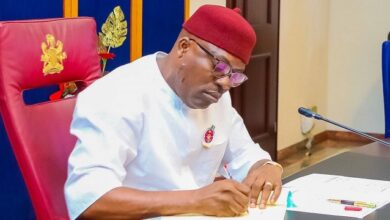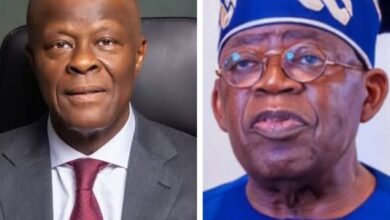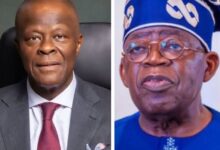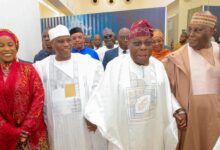THE PRICE OF COMPROMISE: How political loyalty is destroying the integrity of the Nigerian police – Part 2

By HON. ABUBAKAR MG
The public, especially the youth, begin to see law enforcement not as a partner in justice but as a weapon of oppression.
The public, especially the youth, begin to see law enforcement not as a partner in justice but as a weapon of oppression.

The roots of this decay are embedded in the structure of the Nigeria Police Force. It is overly centralized and beholden to the federal executive. The President, through the Inspector General of Police, wields enormous control over the force, making it vulnerable to political manipulation. This structure allows politicians to influence policing decisions for personal or partisan gain.
Additionally, the welfare and training of police officers leave much to be desired. Poor salaries, lack of benefits, substandard housing, and minimal professional development all contribute to low morale and a readiness to obey illegal commands for financial or political favor. Officers are not just poorly paid—they are poorly prepared to uphold the principles of justice in a modern democracy.
Compounding the problem is the absence of accountability. Officers implicated in electoral violence, extortion, or human rights abuses are rarely investigated, let alone prosecuted. The Police Service Commission, while tasked with oversight, often lacks the independence or political will to hold senior officers accountable—especially when such officers are executing orders from above.
To save the Nigerian Police Force from total collapse, fundamental reforms must be undertaken. First, decentralizing the police structure is essential. Creating state and community police forces can help foster accountability, bring policing closer to the people, and limit the scope of federal political interference. While decentralization is not without its challenges, the status quo has failed spectacularly.
Second, the welfare and professional development of officers must be prioritized. A well-trained, well-paid, and ethically grounded officer is less likely to compromise their duty. Investment in modern policing methods, human rights education, and community engagement is necessary to create a force that serves the people, not power.
Third, oversight institutions must be strengthened and made truly independent. The Police Service Commission and other watchdog bodies must be empowered to discipline errant officers without fear or favor. Impunity must end, and those who use the police to violate citizens’ rights must be exposed and punished.
Finally, Nigerians themselves must become active participants in holding the police accountable. Civil society organizations, the media, and whistleblowers must continue to document and expose abuses. The people must demand better and refuse to normalize political policing. Only through sustained pressure and engagement can true change be achieved.
The Nigerian Police Force is at a crossroads. It can continue down this dangerous path of compromise and decline, or it can be reformed into a force that truly serves and protects. The choice lies not just with policymakers, but with every Nigerian who believes in justice, democracy, and the rule of law.
The cost of political loyalty in policing is too high. It is paid in the blood of innocent citizens, in the loss of public trust, and in the collapse of institutions. It is time to draw the line and reclaim the Nigeria Police Force for what it was meant to be—a servant of the people, not a tool of oppression.


